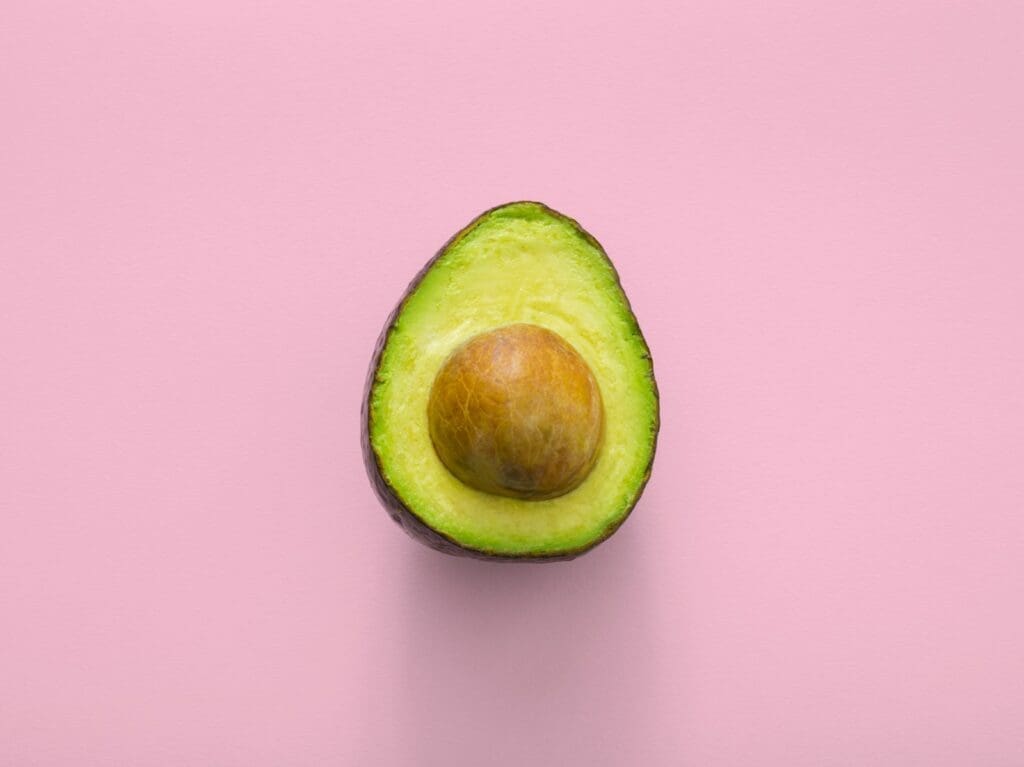Hormonal imbalance can significantly impact daily life, affecting mood, energy levels, and overall well-being. If you’re new to naturopathic medicine and curious about natural solutions for hormonal imbalances, you’re in the right place. In this blog post, we’ll explore how you can take charge of your hormone health through simple, actionable steps.
Understanding Hormonal Imbalances
Hormones are chemical messengers that play a crucial role in regulating various bodily functions. When hormones are out of balance, it can lead to numerous health concerns, including fatigue, weight gain, mood swings, and more. Women, in particular, experience hormonal fluctuations throughout different life stages, making it essential to adopt strategies that promote balance and overall wellness.
Why Choose Naturopathic Solutions?
Naturopathic medicine focuses on a holistic approach to health, aiming to treat the root cause of imbalances rather than just the symptoms. By integrating natural therapies and lifestyle changes, naturopathic doctors work with your body to restore harmony and optimize health.

Top 9 Naturopathic Solutions for Hormonal Balance
1. Dietary Changes
Start by incorporating more whole foods into your diet and reducing processed foods, caffeine, and sugar. These changes can help stabilize insulin levels and support hormone production.
2. Herbal Supplements
Herbal remedies such as chasteberry, black cohosh, and ginseng can help balance hormones naturally. Consult with a naturopathic doctor to determine the best supplements for your unique needs.
3. Lifestyle Changes
Regular exercise, stress management, and adequate sleep are essential components of hormone health. Aim for at least 30 minutes of exercise three times a week, practice mindfulness or meditation, and establish a consistent sleep schedule.
4. The Benefits of Magnesium
Magnesium is a vital mineral that plays a crucial role in maintaining balanced hormone levels. Incorporate foods rich in magnesium such as dark leafy greens, flax, pumpkin, and chia seeds, legumes like lentils, chickpeas, black beans, avocados, and even dark chocolate into your meals.
5. Exercise Recommendations
Different forms of exercise, such as strength training, yoga, and cardiovascular workouts, can offer significant benefits. Choose activities that you enjoy and that fit your lifestyle to ensure consistency.
6. Phytoestrogens
Incorporate foods rich in phytoestrogens, like organic soy and ground flaxseed, to help manage menopausal symptoms and support hormone health. Gradually introduce these foods to your diet to avoid digestive discomfort.
7. Self-care and Stress Reduction
Make time for yourself and prioritize your health and happiness. Implementing self-care routines and finding effective ways to reduce stress are crucial for maintaining hormonal balance.
8. Hydration and Detoxification
Stay hydrated and support your body’s natural detoxification processes. Proper hydration supports your kidneys and liver to naturally remove excess hormones and toxins, promoting hormonal harmony.
9. Professional Support
Consider seeking guidance from a naturopathic doctor to develop a personalized plan. Professional support can provide valuable insights and accountability on your wellness journey.
Take Action Today
Balancing hormones naturally is a holistic process that involves dietary changes, lifestyle adjustments, and professional support. By implementing these strategies, you can take control of your hormonal health and improve your overall well-being.
If you’re ready to explore naturopathic solutions further, consider scheduling a free 15-minute discovery call with Dr. Melissa McCarty today. Discover the power of naturopathic medicine for women’s health and start your path to balance and vitality. Schedule your Discovery Call
Together, we can work towards achieving optimal hormone balance and a healthier, happier you!

